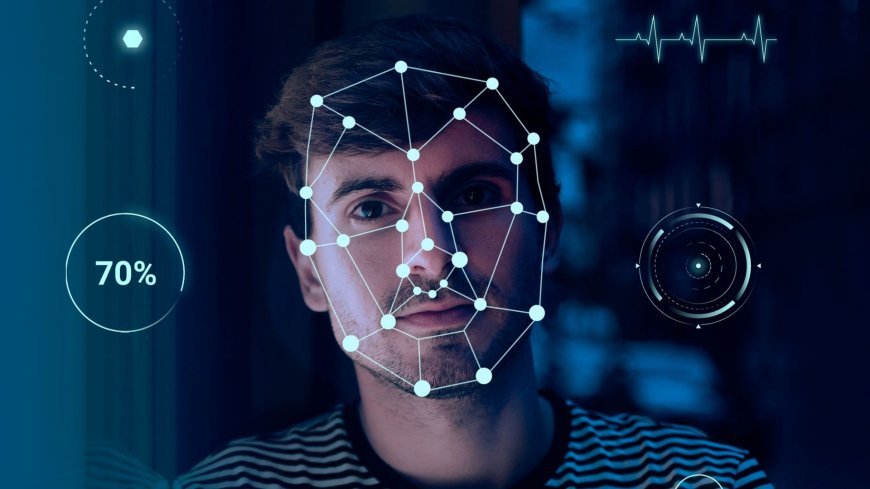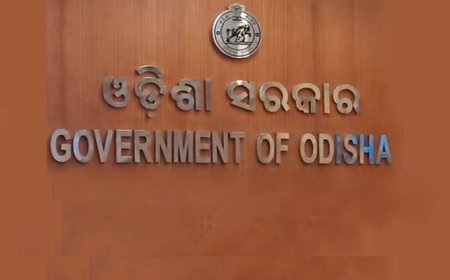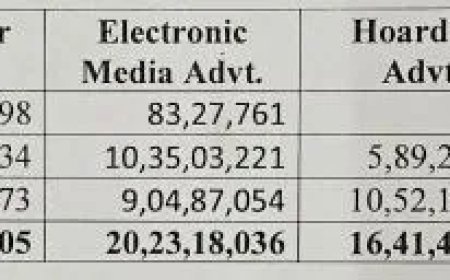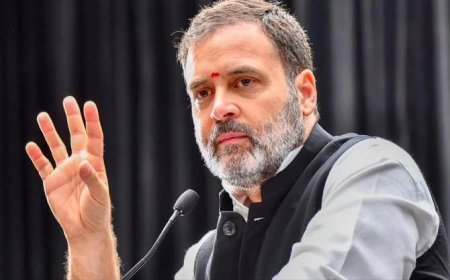UIDAI Introduces Facial Verification Trial to Secure NEET 2025 Exams
UIDAI trials face authentication in NEET 2025 to prevent fraud and boost exam security using Aadhaar-based biometric verification.

In a significant move towards enhancing exam integrity, the Unique Identification Authority of India (UIDAI) has initiated trials of facial authentication technology for the upcoming NEET 2025 (National Eligibility cum Entrance Test). The new system aims to curb impersonation and other malpractices that have plagued competitive exams in recent years.
A New Era of Exam Security
The National Testing Agency (NTA), which conducts NEET, is working closely with UIDAI to pilot this facial recognition system. By integrating biometric facial authentication linked to Aadhaar data, candidates will be verified more accurately and efficiently. This technology could potentially replace traditional ID checks, thumb impressions, and manual verification, providing a more secure and tamper-proof method of candidate authentication.
The primary goal of this trial is to eliminate impersonation, where candidates pay proxies to appear for exams. Facial authentication ensures that only the genuine candidate, whose Aadhaar details are registered, can sit for the examination. With the increasing digitization of education and the rise in examination-related fraud, such a step is seen as timely and necessary.
How the System Works
The UIDAI’s face authentication system uses AI-powered algorithms to match a candidate's live facial scan with their photograph stored in the Aadhaar database. This method does not require any specialized hardware and can be implemented through smartphones, webcams, or other internet-connected devices.
During the trial phase, candidates appearing for NEET 2025 may be asked to undergo facial authentication at designated test centers. If successful, the system may be rolled out fully in subsequent years for NEET and other national-level entrance exams such as JEE and CUET.
Privacy and Data Security Measures
To ensure compliance with data protection laws and privacy standards, UIDAI has assured that facial data used during authentication will not be stored. It will be used only for one-time verification during the examination process. Moreover, the process is fully consent-based — students will be informed in advance and given clear instructions about the facial authentication procedure.
The move aligns with the broader vision of the Digital India initiative, promoting transparency, efficiency, and security in public services.
Reactions and Future Prospects
Education experts and stakeholders have welcomed the trial, noting that such biometric technologies are already used in sectors like banking, healthcare, and air travel. However, some have raised concerns about digital access and the system's reliability in rural or low-connectivity areas. To address this, the NTA and UIDAI plan to conduct detailed testing across varied geographies before a full-scale rollout.
If successful, this facial authentication system could set a precedent for its adoption in other competitive exams, including UPSC, SSC, and state-level tests. It may also pave the way for remote proctored exams in the future, where candidates can authenticate and appear for exams from home under strict digital surveillance.
Conclusion
The UIDAI’s facial authentication trials for NEET 2025 mark a major step forward in ensuring secure, fair, and transparent examinations in India. While challenges remain, the move demonstrates the government's commitment to leveraging technology for the public good. As the education sector continues to evolve, innovations like this will be crucial in maintaining the integrity of India’s competitive examination system.
What's Your Reaction?
























































